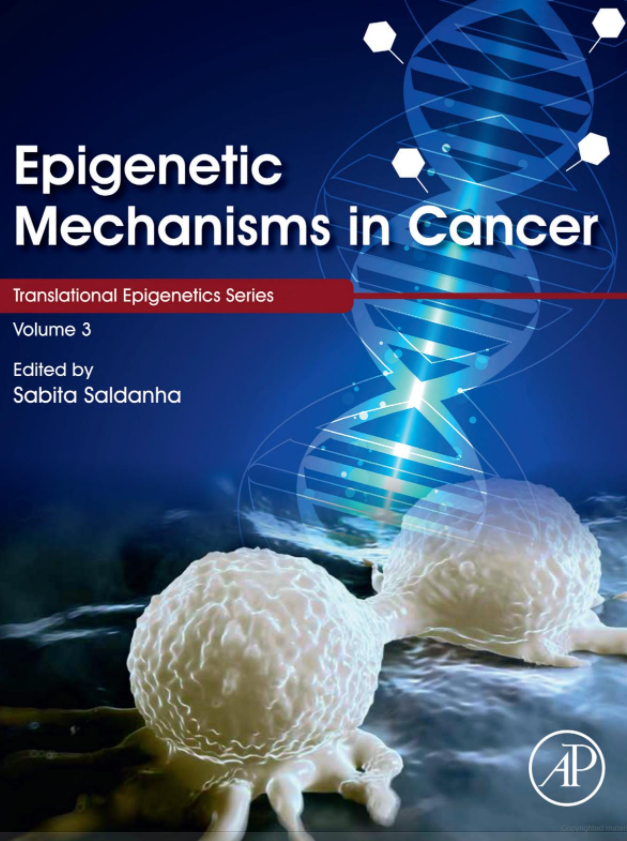Authored books
Check the FATS! Eliminate Chronic Diseases.
Coming- September 2021
The world is in a global obesity epidemic and this is associated with thousands of chronic diseases. At the root cause of excess body weight or obesity is diet high in caloric content, ultra-processed foods padded with sugars, salt, and fat as well as sedentary lifestyle. Our goal then is to consume healthy nutritious foods and avoid excess caloric intake in the first place. Yet, many dietary approaches as well as exercise regime only provide short-term solutions and conventional treatment of chronic diseases at best can only manage these conditions. The challenge with modern dietary intervention and physical activity clearly indicates that the current obesity epidemic defies simple solutions.
In Check the Fats: Eliminate Chronic Diseases, Bernard Kwabi-Addo discusses how the human body has designed complex and integrated metabolic process that involves several factors such as hormones, gut microbiome, circadian rhythm/sleep pattern, genetic traits, and exposures to the current obesogenic environment in regulating energy intake from diet and energy expenditure as well as energy storage in the form of fat. Thus, disruption in any of these processes can and do contribute to obesity and chronic diseases. Check the Fats then discusses lessons from our ancestors who did not have chronic diseases and presents the scientific evidence in support of the role of poor dietary components and sedentary lifestyle and their association with chronic diseases whereas healthy dietary interventions can reverse and even eliminate chronic diseases.


Health Outcome in a Foreign Land: The role of epigenetic-environment interaction
View: Under review
June 2017
Health Outcome in a Foreign Land: The role of epigenetic-environment interaction describes the complex causes of health disparities affecting minorities, in particular African Americans, and explains how this knowledge can be used to reduce their destructive effects. Pinpointing genetic, non-genetic, and epigenetic factors underlying health conditions common to the population—including heart disease, hypertension, diabetes, and cancer—the author traces intricate links among these factors in the current environmental and social context. The section on non-genetic factors in health disparities, such as social determinants and health behaviors, add depth to the ongoing discourse on public health and health policy objectives. And the chapters on gene/environment interactions outline the vast potential for developing new multidisciplinary frontiers in shrinking health inequities and personalizing care.
Cancer Causes and Controversies: Understanding Risk Reduction and Prevention.
View: Under review
July 2017
Cancer Causes and Controversies: Understanding Risk Reduction and Prevention describes common risk factors associated with particular types of cancer, including genetic predisposition, radiation and chemical carcinogens, diet, hormonal factors, infection, and smoking. The book then looks at the scientific evidence supporting the positive role of healthy nutrition, exercise, and diet in lowering cancer risk, as well as the dangers posed by a dysfunctional immune system compromised by chronic infection, unhealthy lifestyles, stress, and poor psychological health. Finally, the book provides an unbiased assessment of a number of controversies surrounding cancer causes and prevention, including screening and genetic testing, vitamin supplementation, genetically modified foods, chemical food additives, and cellular phones and deodorants as potential cancer-causing agents.


Epigenetic Mechanisms in Cancer Vol 3- 1st Edition
Chapter 10: Epigenetic biomarkers and racial differences in Cancer by Bernard Kwabi-Addo.
